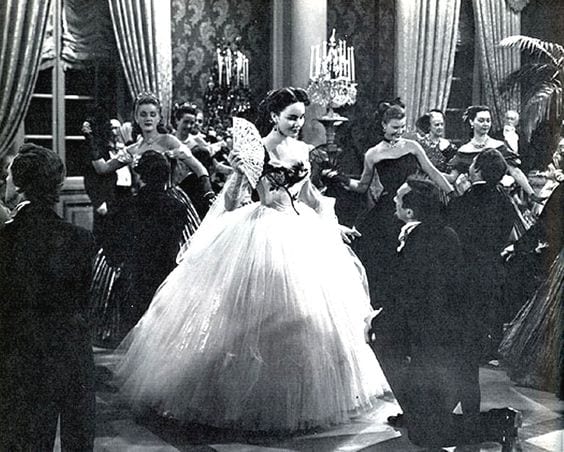An infinity of passion: Madame Bovary
An infinity of passion: Madame Bovary
An infinity of passion: Madame Bovary
-
Hannah
-
Hannah


This month marks 160 years since the publication in book format of a masterpiece of literature: Gustave Flaubert’s Madame Bovary.
In my early twenties, I read French literature at the University of Alexandria, and I was inspired by so many French writers, from the celebrated, like Charles Baudelaire and Victor Hugo and Marcel Proust, to those less well known beyond France, like the poet Charles Marie René Leconte de Lisle (see https://hannahfielding.net/staging/1129/the-poetry-of-leconte-de-lisle/). But of all the French writers, Gustave Flaubert stood out, because his debut novel, Madame Bovary, became the book on my shelf that was so well-read it required rebinding.
The story centres on the beautiful and charming Emma Bovary, who dreams of being like the heroine in the novels she ardently reads. Instead, though, she is stuck (so she sees it) living the life of a doctor’s wife in a dull provincial setting. In search of a better life – one characterised by passion and luxury and beauty – she treads a path that leads to debt, adultery and eventually, tragically, her own ruin.
Madame Bovary was Flaubert’s first work, and it might have been his last, for after the story was first serialised in La Revue de Paris in 1856, his romantic and realist writing, particularly with relation to adultery, whipped up a public scandal, and he was put on trial for immorality. He was acquitted, thankfully, and was able to publish the novel in one volume, as a book – and of course, after all the controversy, it became a bestseller. But it was not controversy that kept the book in print year after year after year; quite simply, for its new realist style and its tragic and complex heroine, the book became recognised as one of the greatest literary works in history.
As a writer, I owe much to Flaubert. From him, I learned the importance of finding le mot juste (the right word), no matter how long that may take. Flaubert did not write prolifically; he sometimes spent an entire week working on a single page of prose. He believed in taking his time, working hard and caring deeply about each and every word – he believed in style above all else, writing that Madame Bovary would be ‘a book about nothing, a book dependent on nothing external, which would be held together by the internal strength of its style’.
And what style! Here is just one of so many quotations from Madame Bovary that inspire me:
At the bottom of her heart, however, she was waiting for something to happen. Like shipwrecked sailors, she turned despairing eyes upon the solitude of her life, seeking afar off some white sail in the mists of the horizon. She did not know what this chance would be, what wind would bring it her, towards what shore it would drive her, if it would be a shallop or a three-decker, laden with anguish or full of bliss to the portholes. But each morning, as she awoke, she hoped it would come that day; she listened to every sound, sprang up with a start, wondered that it did not come; then at sunset, always more saddened, she longed for the morrow.
Have you read Madame Bovary? It is widely available in various formats – the Penguin Clothbound edition is particularly beautiful if, like me, you are a bibliophile (see http://www.amazon.co.uk/Madame-Bovary-Penguin-Clothbound-Classics/dp/0141394676/).
But if nineteenth-century literature isn’t quite to your taste, there are other ways to be immersed in Madame Bovary.
I found the 2014 film adaption starring Mia Wasikowska very moving:
However, I prefer the classic 1949 Metro-Goldwyn-Mayer movie with Jennifer Jones, for its glamour and melodrama:
You may even finding watching this one scene gives you the sense of Madame Bovary. For as Gustave Flaubert writes in the book: ‘an infinity of passion can be contained in one minute, like a crowd in a small space’.
I am going to have to read Madame Bovary. I never paid much attention to the spelling of Flaubert’s name. We have a Flobert drive near my home. I looked that name up on the net. Flobert was a Belgian gun inventor. I don’t know why they would name a street after an unknown. I think the street’s spelling might be an error, because just a few blocks away is Picasso Drive.
Surely much better to name streets after writers and artists than gun inventors! I hope it is meant to be Flaubert Street. Best wishes, Hannah
I will have to read (and watch this) book, I have at times wanted to be the heroine in the book but only if that book is well written enough to almost think you are there!
It’s definitely worth reading if you get the chance, Michelle. Really passionate and emotional. Thanks for commenting.